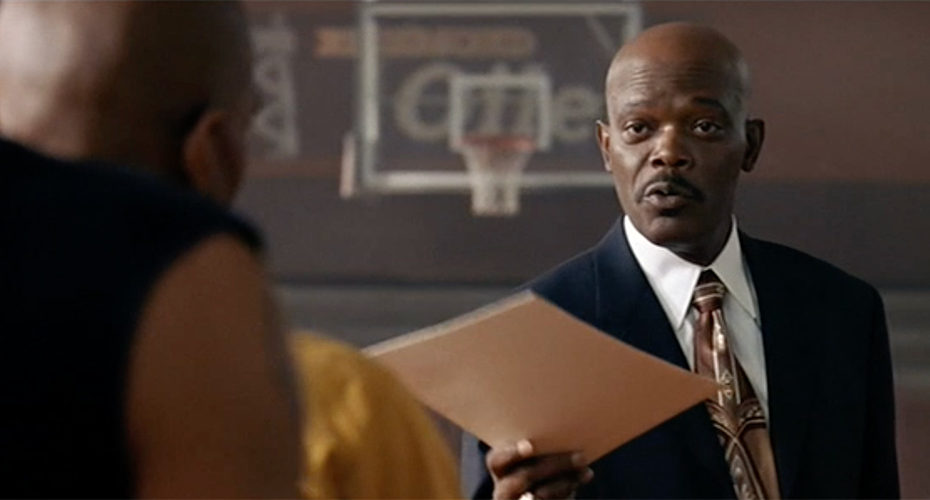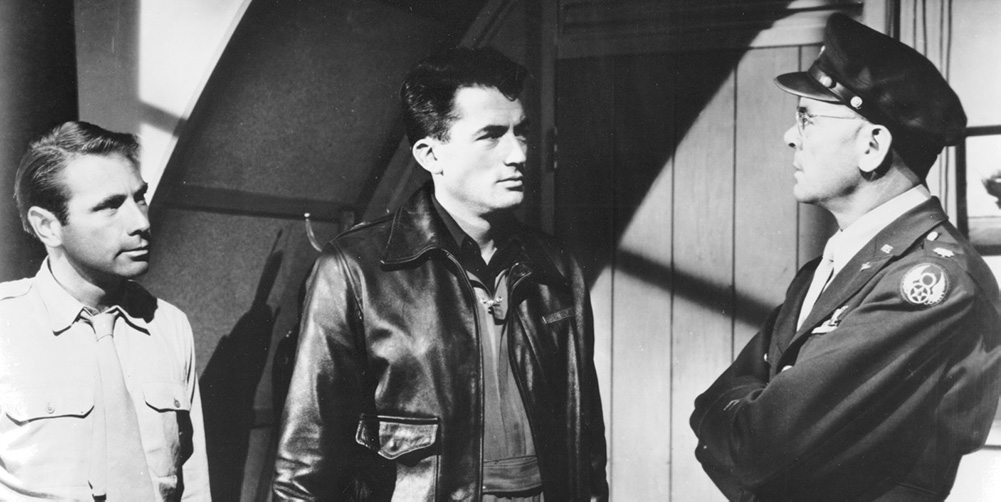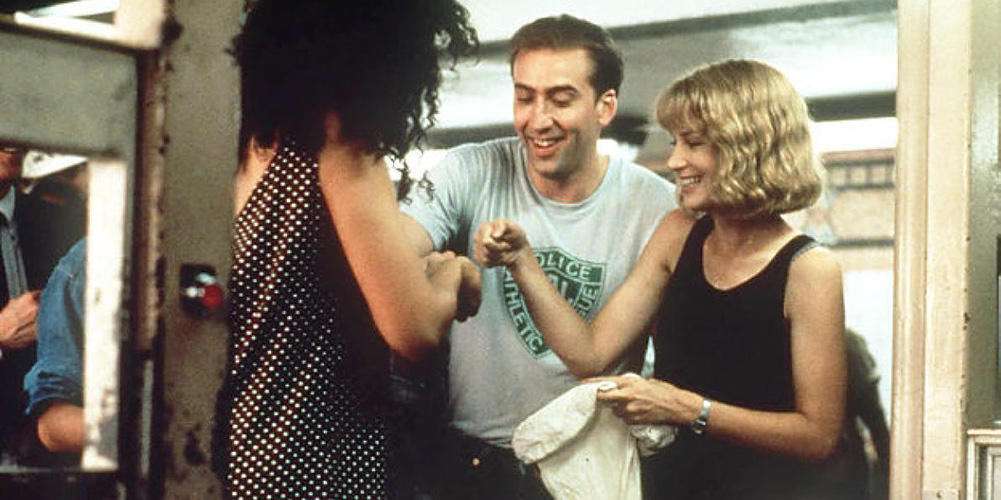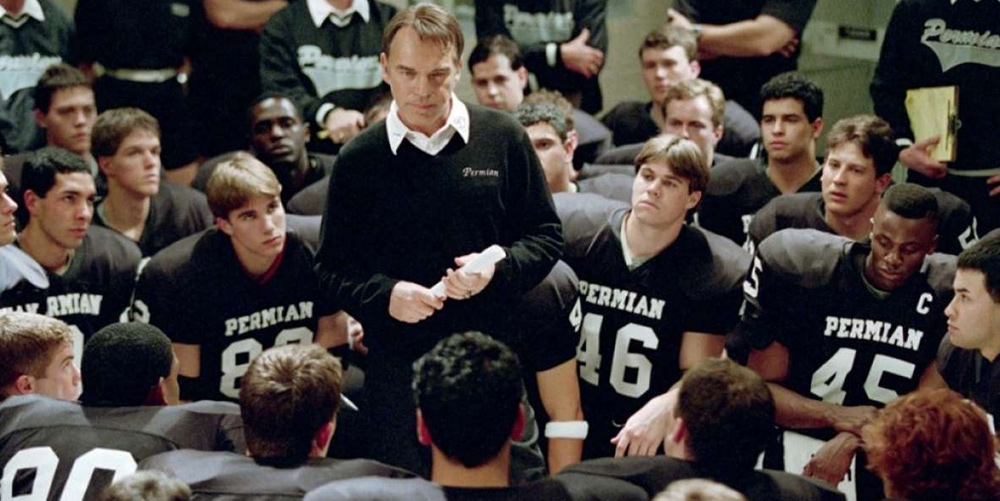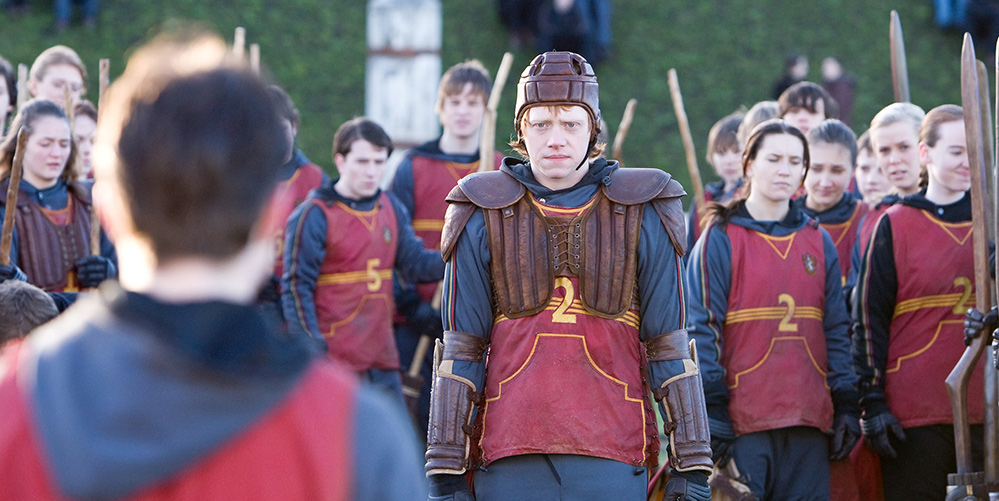In Coach Carter, Ken Carter accepts the basketball coach job at Richmond High School. And one of his first actions is to draw up social contracts for each of his players.
“This contract states that you will maintain a 2.3 grade point average,” Carter tells them in the scene below. “You will attend all your classes, and you will sit in the front row of those classes.”
In effect, Carter is using the sweetener of playing basketball to pursue a wider purpose. His goal is to change his students’ lives by helping them get to college. Those students not choosing to sign the contract are met with an immediate and painful consequence they’re kicked off the team. And when some of his students later fail to meet the terms of the contracts they’ve signed, they meet another immediate and painful consequence: he locks the door of the gym.
The simple act of signing a contract ultimately has a huge impact on the basketball players of Richmond High. But we can use the same principle to help us achieve our own goals. According to James Clear in the excellent Atomic Habits, creating a habit contract is an excellent way to hold yourself accountable.
The benefits of contracts for behaviour change
A habit contract, says Clear, is ‘a verbal or written agreement in which you state your commitment to a particular habit and the punishment that will occur if you don’t follow through.’ Clear suggests finding someone to act as your accountability partner and sign off on the contract with you – the role that Carter plays in the movie.
One of Clear’s key habit principles is to make bad habits unsatisfying. That means making them painful in the moment. By having his players sign contracts which make the unpalatable consequences of not studying clear and obvious, he’s increasing the chances that they will be successful. But he also needs to follow through and take action when some of his players fall off their commitments.
Clear admits that his first reaction when hearing about habit contracts was that they were ‘overly formal and unnecessary, especially the signatures.’ But the case study of Bryan Harris, an entreprenueur from Nashville, changed his mind. Harris successfully used the tactic to lose weight and get fitter. Signing a contract, believes Harris, was a key factor and ‘an indication of seriousness.’
How contracts drive commitment
The efficacy of signing a piece of paper has been shown in social psychology research. In his classic book Influence, Robert Cialdini identifies commitment as a powerful driver of our behaviour. When we commit to a certain course of action, we have a natural tendency to behave in ways that are consistent with that action.
Cialdini cites the introduction of ‘cooling off’ laws in a number of US states. These laws allowed customers a few days after purchasing an item to cancel the sale and receive a full refund. Initially, cancellations rocketed as customers felt duped or intimidated by high pressure sales tactics. But companies employing door-to-door sales people responded with a simple and effective tactic: they had the customer, rather than the salesperson, fill out the sales agreement. When people wrote their commitments on paper themselves, they felt much more willing to live up to them.
A key factor of social contracts is that they are shared. Nashville entrepreneur Bryan Harris shared his habit contract with his wife and personal trainer, who acted as his ‘accountability partners’. It becomes far harder to squirm your way out of a commitment if other people are holding you to account.
In Coach Carter, the commitments of the Richmond High players are also shared: not just with the coach, but also each other. When some players fail to attend class and breach their contracts, it’s not just them who suffer: it’s their team mates who were attending their classes as well. Not only does this increase their sense of accountability, it reinforces another important lesson: they fail, or win, not as individuals, but as a team.
So the next time you want to start – or break – a habit, write down your commitment. Share it with a friend who will hold you accountable. And make the consequences of non-compliance immediate and painful.
